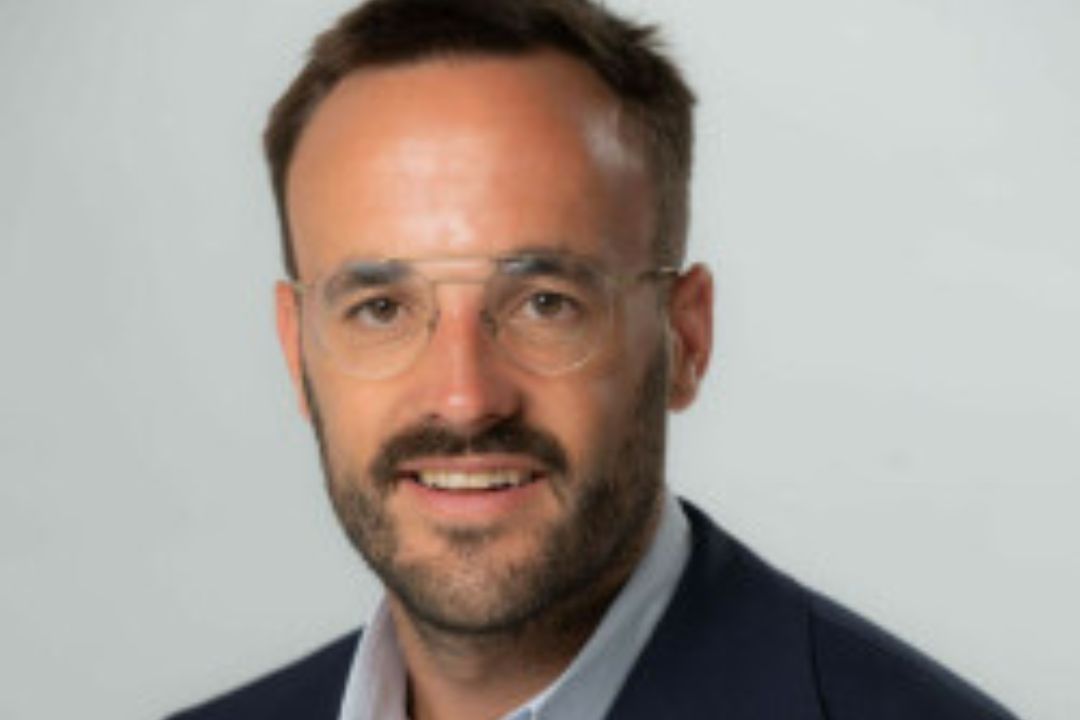3rd June 2019
Think Tank Round Table took place at the University of Porto on 9 May 2019. The participants designed strategies to empower health literacy.
The event brought together a large number of participants from a wide variety of organisations that are involved in empowering health literacy and that disseminate health information on a daily basis – from academia, hospitals and doctors to start-ups, industry, R&D centres and the media. The event was coordinated by Hernani Zao, a Winner of EIT Health StarShip Programme 2018, and a PhD student of University of Porto (an EIT Health RIS Hub). “Almost half of population of Europe has below optimum level of health literacy, so it is a public health challenge”, said Urska Kosir, PhD student of University of Oxford and a Chairwoman of a Committee of Health Literacy and Self-Care at European Health Parliament. “Health literacy is a quite a broad term. It means motivation, knowledge and ability to find health information, to asses them, to understand it and then to apply successfully for self-care”, said Urska Kosir. Patients who are engaged in self-care are better off and it is said that literacy is the best remedy.
So how can we empower health literacy in Europe? The Round Table came up with several conclusions and strategies that can be used as recommendations for local and national authorities:
- Health literacy is especially a problem in marginalized groups and it is correlated with levels of socio-economic development. The interventions should be targeted especially towards people with a lower socio-economic status
- The health workforce needs to be aware about the consequences of low health literacy and given professional training to counteract this. One of the best practices in this field is simply taking more time and giving instructions to patients and being more engaged.
“When you think about health innovation, you have to think about health literacy. There is no health innovation without health literacy”, said Hernani Zao, summing up the Round Table talks. “One cause for the low level of health literacy is a lack of empathy. Empathy is a strong tool for understanding people. It can really bring a change to the way of communication and clinical consultations”, emphasised Debora Miranda, Health Communications Consultant from the European Public Health Association.
The Round Table talks were organized by the University of Porto FEUP, U. Porto Media Innovation Labs, the University of Texas at Austin and Fundacio para a Ciencia e a Tecnologia FCT and supported by EIT Health InnoStars, among others. The initiative is being developed by a multidisciplinary working group LACLIS, based at the University of Porto that focuses on health literacy.
Europe's top health start-ups take centre stage: EIT Health Catapult winners are revealed at HLTH Europe

2025 Catapult programme winners announced.
Finding Europe’s next healthtech leaders: Insights from Antoine D’Hollander

Insights from Antoine D’Hollander, Capricorn Partners.
EIT Health supports 17 promising deep tech start-ups bridge the ‘Valley of Death’

Providing start-ups with the right support.